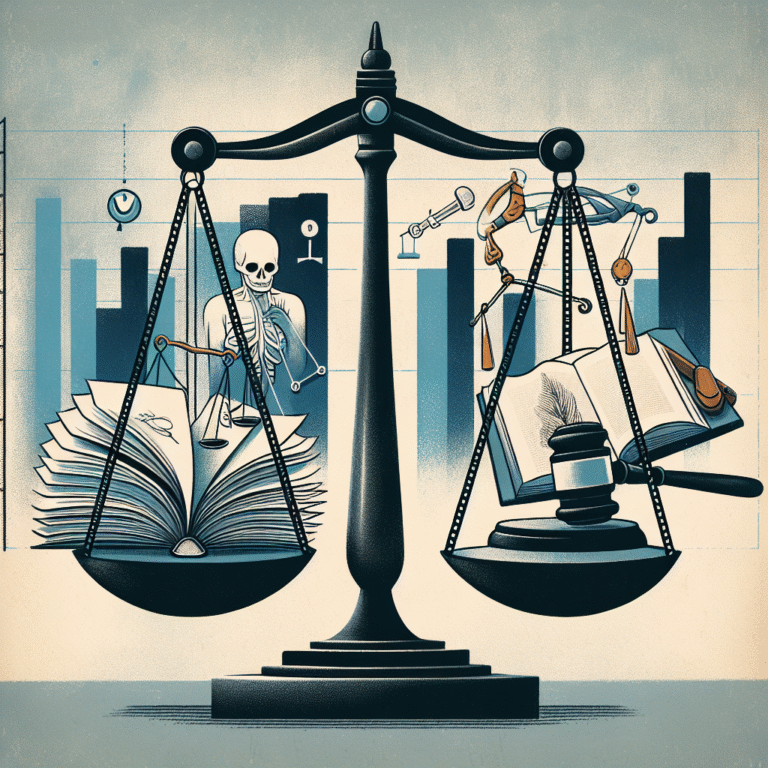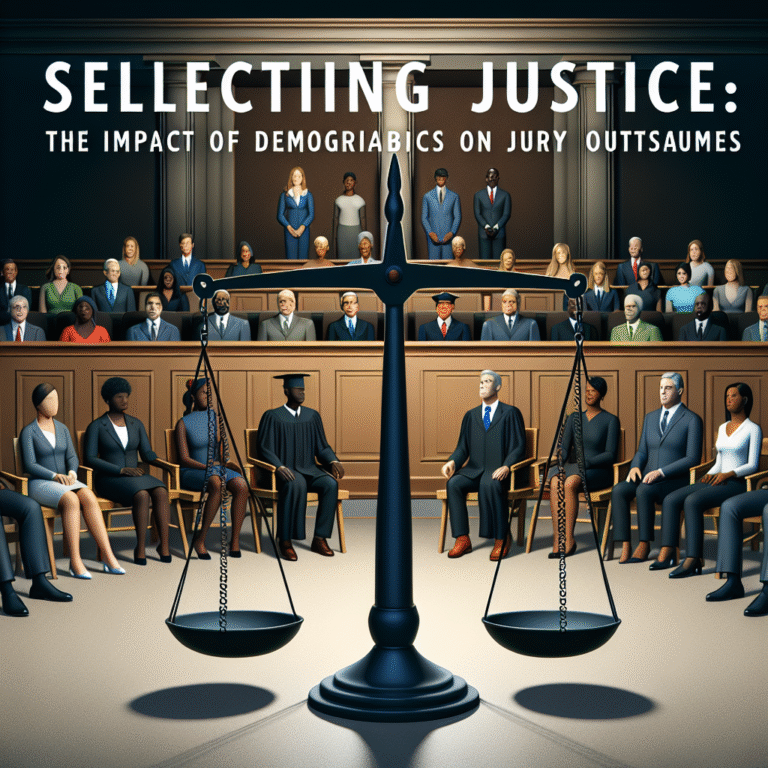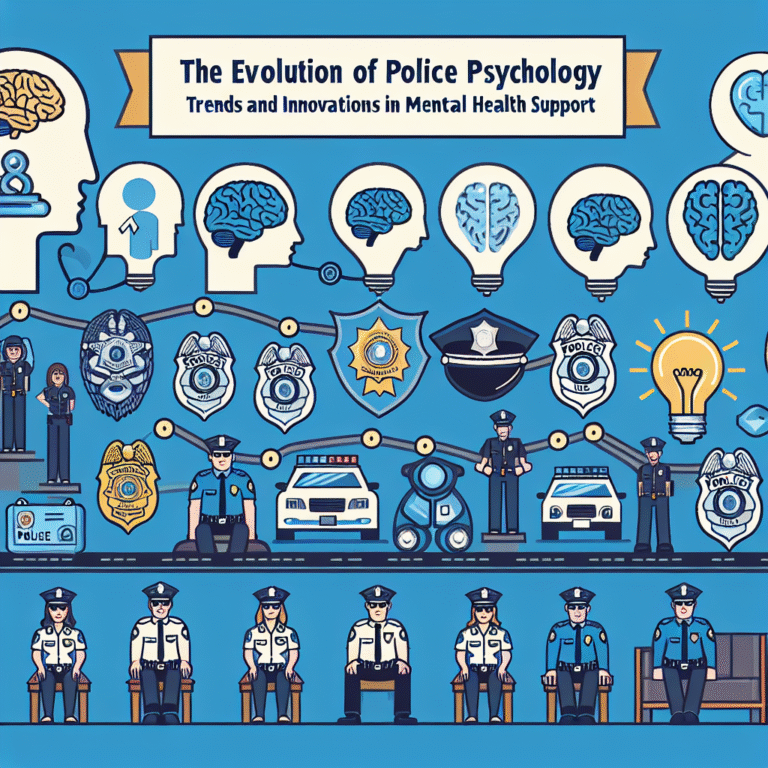Introduction
The death penalty remains one of the most contentious and polarizing issues in contemporary society. Advocates argue that it serves as a deterrent, offers closure to victims’ families, and dispenses ultimate justice, while opponents decry it as an inhumane practice rife with flaws and potential for irreversible mistakes. As we dive into the intricacies of this profound topic, we will explore various dimensions of capital punishment. In this comprehensive evaluation, prepared under the banner of "Weighing Justice: A Comprehensive Evaluation of Capital Punishment’s Efficacy," we will delve deep into its effectiveness, ethical implications, and the real-world scenarios that help distort or clarify our understanding of justice.
The Historical Context of Capital Punishment
The Origins and Evolution
Capital punishment has roots that stretch back to ancient civilizations. From the Code of Hammurabi in Babylon, which prescribed death for various crimes, to the Roman law system, executions have been utilized as punishment throughout history. Early uses of the death penalty often reflected societal norms around retribution and deterrence.
In the United States, the use of capital punishment has undergone significant evolution. From public hangings to lethal injection, societal attitudes towards the death penalty have shifted in response to changing moral codes and perspectives on justice. Today, a significant focus on wrongful convictions and the human rights implications of capital punishment has led to increasing scrutiny on its application.
Case Study: The Troy Davis Case
In 2011, Troy Davis was executed in Georgia despite widespread doubts regarding his guilt. Many believed that vital witnesses against him had recanted their testimony. This high-profile case exemplifies the serious flaws within the capital punishment system. It raised urgent questions about its reliability, the possibility of executing an innocent person, and the efficacy of the justice it claims to serve.
Analysis:
The Troy Davis case directly calls into question the efficacy of capital punishment. It illustrates how a flawed judicial system can lead not only to the loss of a life but also to the erosion of public trust in legal institutions. As we continue to examine justice through the framework of "Weighing Justice: A Comprehensive Evaluation of Capital Punishment’s Efficacy," experiences like Davis’ reveal the urgency of evaluating whether this ultimate form of punishment can truly be trusted.
Arguments For Capital Punishment
Deterrence: A Key Argument
One of the most frequently cited benefits of capital punishment is its potential deterrent effect on crime. Proponents argue that the fear of receiving the death penalty may deter individuals from committing heinous crimes.
Statistical Insights
While numerous studies have been conducted on this issue, the results remain mixed. For example, a prominent study from the National Institute of Justice pointed to a decline in homicide rates following executions in certain states. However, these findings are often countered by research demonstrating that states without the death penalty exhibit similar or even lower rates of violent crime.
Table 1: Homicide Rates Comparison
| State | Death Penalty (Yes/No) | Homicide Rate (2022) |
|---|---|---|
| Texas | Yes | 12.1 |
| California | Yes | 6.6 |
| New York | No | 4.7 |
| Massachusetts | No | 3.0 |
The debate surrounding deterrence reflects a broader question about the effectiveness of the justice system as a whole.
Closure for Victims’ Families
Another compelling argument for capital punishment is its potential to provide closure to the families of victims. Some advocates argue that knowing the perpetrator has been punished to the fullest extent brings a sense of peace.
Case Study: The McVeigh Execution
Timothy McVeigh, the perpetrator of the Oklahoma City bombing that claimed 168 lives, was executed in 2001. For many victims’ families, McVeigh’s execution was not just a satisfactory closure but a symbol of justice served.
Analysis:
While McVeigh’s execution was ultimately perceived as justice by many, it also sparked debates around whether closure can ever truly be achieved through the death penalty. This reinforces the essential queries posed in "Weighing Justice: A Comprehensive Evaluation of Capital Punishment’s Efficacy," regarding the intersection of justice and emotional healing.
Arguments Against Capital Punishment
Risk of Wrongful Convictions
One of the most critical arguments against capital punishment lies in the risk of wrongful convictions. The irreversible nature of the death penalty amplifies the stakes significantly.
Case Study: The Case of Karla Faye Tucker
Karla Faye Tucker was executed in Texas in 1998 for a brutal double homicide. In the years leading up to her execution, her claims of rehabilitation and newfound faith sparked widespread public support, despite the heinous nature of her crimes. However, questions surrounding her trial’s fairness and the quality of representation raised significant ethical concerns related to capital punishment.
Analysis:
Tucker’s case sheds light on systemic issues within capital cases, including inadequate legal representation and bias. Through the lens of "Weighing Justice: A Comprehensive Evaluation of Capital Punishment’s Efficacy," it becomes increasingly clear that the certainty of justice served through execution remains deeply flawed.
Ethical Considerations
At its core, capital punishment invites significant ethical considerations. Is it morally acceptable to take a life, regardless of the crime committed? Many religion-driven ethics discussions argue against the state possessing the power to execute its citizens.
Case Study: Global Perspectives on Execution
Countries worldwide vary significantly in their approaches to capital punishment. For example, countries like Norway provide alternatives to imprisonment, emphasizing rehabilitation over retribution. Countries such as China remain stringent, with executions often occurring in secret and with little transparency.
Analysis:
The differences in global approaches to the death penalty challenge us to consider what justice truly means and whether there is a ‘one-size-fits-all’ solution. Such insights are integral to our comprehensive evaluation of capital punishment’s efficacy.
Public Opinion: A Reflection of Society
Survey Insights
Public opinion on capital punishment has evolved over the decades. Recent surveys suggest a growing divide, with increasing numbers of people questioning its moral legitimacy and efficacy as a deterrent.
Graph A: Trends in Public Opinion on Death Penalty
The Influence of Media
The portrayal of capital punishment in media can shape public opinion significantly. High-profile crimes and their consequent trials often capture widespread attention and inform perceptions of justice, efficacy, and morality regarding the death penalty.
Case Study: The Casey Anthony Trial
The media-frenzy surrounding the Casey Anthony trial capitalized on public emotions regarding justice, leading to scrutiny over potential sentencing options. While all eyes were on Anthony, the broader debate about the justice system’s ability to deliver equitable outcomes resurfaced, particularly regarding capital punishment.
Analysis:
Media influence emphasizes the public’s perception of justice and indirectly biases views on capital punishment. By understanding these dynamics, we can delve deeper into "Weighing Justice: A Comprehensive Evaluation of Capital Punishment’s Efficacy" and how societal pressures collide with legal practices.
Alternatives to Capital Punishment
Life Imprisonment
One of the most discussed alternatives to capital punishment is life imprisonment without parole. This option preserves the possibility of correction while punishing offenders for their crimes.
Case Study: The Life Sentence of Anders Breivik
Anders Breivik, the perpetrator of the Norway attacks in 2011, was sentenced to 21 years in prison, with the possibility of extension as long as he is considered a threat. This life sentence has led to vigorous debates on the appropriateness of the punishment versus potential rehabilitation.
Analysis:
The Breivik case highlights the efficacy of life sentences as a formidable alternative to capital punishment. It invites conversation about the ethical implications of incarceration versus execution, a crucial perspective in "Weighing Justice: A Comprehensive Evaluation of Capital Punishment’s Efficacy."
Restoration and Rehabilitation
Beyond punishment lies the potential for restoration and rehabilitation. Many advocate for restorative justice systems, focusing on healing rather than retribution.
Case Study: Restorative Justice Models
Countries like New Zealand and South Africa have implemented various restorative justice models that emphasize healing for victims, offenders, and communities as a whole. These have seen varying degrees of success and offer an alternative perspective on justice.
Analysis:
Such models contrast sharply with the punitive measures of capital punishment. By examining their application, we see the potential for a more humane, effective alternative to retribution down the lines of "Weighing Justice: A Comprehensive Evaluation of Capital Punishment’s Efficacy."
Conclusion
The issue of capital punishment is far more complex than a binary debate of right versus wrong. As we unpack the intricate layers surrounding it through "Weighing Justice: A Comprehensive Evaluation of Capital Punishment’s Efficacy," we confront moral dilemmas, statistical ambiguities, and the deep human experiences involved. The time warrants a reevaluation of a system fraught with vulnerabilities.
Whether advocating for reform or dismissal of capital punishment, it is clear we must strive for a justice system that serves everyone equitably and ethically. Ultimately, a society’s ability to weigh such justice may define its future and forge the path toward a more humane and morally sound legal framework.
FAQs
1. What is capital punishment?
Capital punishment, commonly known as the death penalty, is a legal process where a person is executed by the state as punishment for a crime, typically a severe offense such as murder.
2. What are the main arguments for capital punishment?
Proponents argue that capital punishment acts as a deterrent, provides closure for victims’ families, and serves as a legitimate form of retribution for heinous crimes.
3. What are the key arguments against capital punishment?
Opponents cite the risk of wrongful convictions, potential for execution of innocent individuals, ethical considerations surrounding state-sanctioned death, and questions regarding its efficacy as a deterrent to crime.
4. Are there alternatives to capital punishment?
Yes, alternatives include life imprisonment without parole, rehabilitation programs, and restorative justice models that aim to heal victims and communities instead of simply punishing offenders.
5. How do public opinions affect the implementation of capital punishment?
Public perception can significantly influence legislation, media coverage, and the political landscape surrounding capital punishment, often leading to shifts in how justice is served and perceived within society.
This comprehensive evaluation aims to illuminate the multifaceted nature of capital punishment and provoke thoughtful dialogue about its place in a just society.














